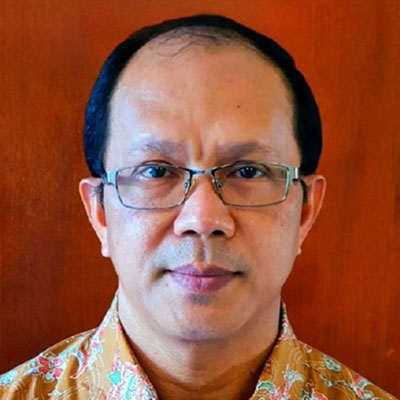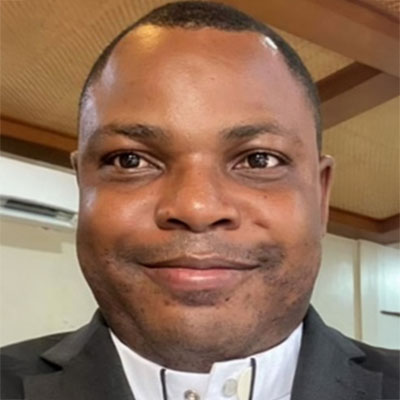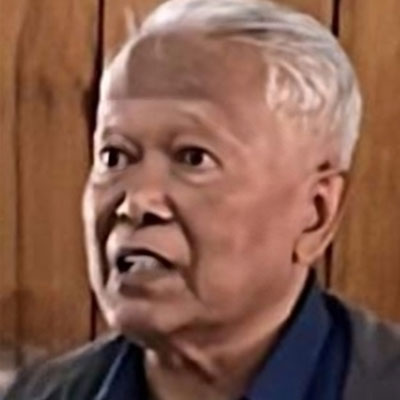 By Celso Tabalanza, cicm
By Celso Tabalanza, cicm
In the wake of a week of turmoil across the United States, the Conference of Major Superiors of Men (CMSM), which represents the leaders of more than 200 Catholic religious institutes of men across the United States, publicly condemns racism. We condemn the brutality that takes away breath and we call for reforms to policies and practices that have oppressed Black Americans. We also pray for an end to the national violence that has been ignited and for a path forward that is based on peace and leads to true change.
This moment in our nation and the life of our Church demands more than a statement of anguish. It requires us to commit publicly to change, starting with ourselves. We must begin a collective effort—as religious institutes for men, monasteries, and societies for apostolic life—to work to dismantle the individual and systemic practices that perpetuate racism in the places where we live out our vocations. We must listen. We must mourn. We must repent. We must change.
A throwaway culture that values property over people and asserts that some lives are worth more than others violates the human dignity upon which our faith and vocations are based. To say that we represent a Gospel of Life means we cannot look the other way or fail to hear or see people who are suffering.
To authentically pursue change requires reckoning with one’s own past. That includes us.
The historical record of the Catholic Church in the US on racism reflects a lack of prophetic leadership and humanity throughout history, all too often mirroring the accepted morals of the time. While many of our brothers and institutes have been on the front lines of fighting for civil rights, we acknowledge some congregations owned slaves and refused to accept Black men and other men of color for vows and ordination. While we have created ministries, built schools, and founded social justice efforts explicitly to serve communities of color, we have not always practiced true equality, the kind of equality that seeks to understand and strives for mutuality. In our desire to uplift, we have been paternalistic at times and even have perpetuated segregation.
To be prophetic leaders, we must name past sins, humbly listen to those hurt by racism, and be willing to be uncomfortable with our individual and corporate record of prejudice. We must hear those within our own communities who are marginalized, have been silenced, or remain unseen. We must call ourselves to account.
The Conference of Major Superiors of Men recognizes that this essential work must have tangible outcomes that bear witness to the transformational power of the Holy Spirit working through and in each of us. We will commit to preaching, teaching, praying, and mobilizing in new ways.
We ask that all people of goodwill pray for this effort, that we might live into the question that Servant of God, Sr. Thea Bowman, FSPA (Franciscan Sisters of Perpetual Adoration), posed to the U.S. Bishops Conference in 1989: “… how can we work together so that all of us have equal access to input – equal access to opportunity – equal access to participation.”
May Sr. Thea’s bold witness serve as our guide for fundamental change in our Church and in all the places where we labor to share the Good News of the Gospel of Jesus Christ. ■
“We’ve learned that quiet isn’t always peace
And the norms and notions
of what just is
Isn’t always just-ice”
Amanda Gorman








